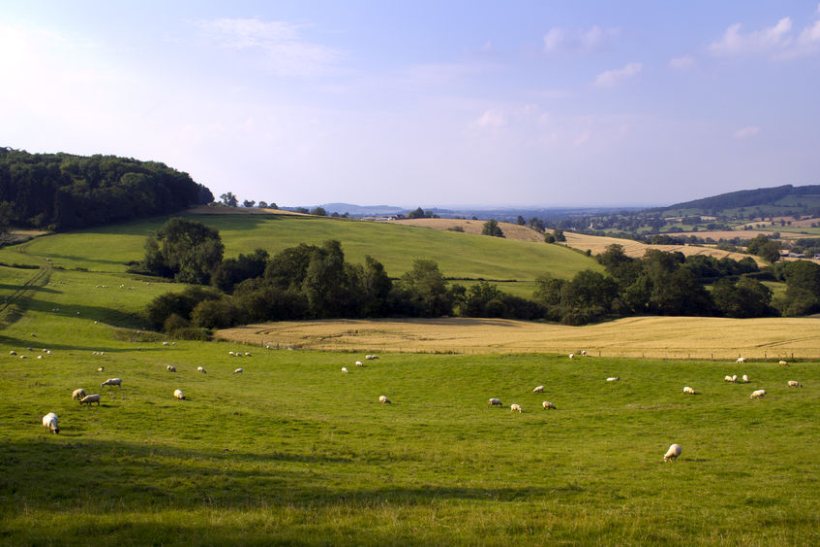Grazed grasslands 'play big role' in UK's net zero goals

Sheep farmers have welcomed a new report that says grasslands have a significant role to play in achieving the UK's net zero target.
Natural England's study looked at how UK landscapes can contribute to carbon management, while also offering landscape diversity and opportunities for nature.
The newly-released report identified peatlands and native woodlands as habitats with the greatest capacity to store carbon.
But it also recognised that many other habitats, including grasslands, can play a major role towards the UK reaching its net zero target by 2050.
The National Sheep Association (NSA) welcomed the report, highlighting how sheep farmers 'protect and sustain' grazed grasslands that in turn preserves biodiversity.
“We are confident, and not alone, in believing that sheep farming across the UK plays an integral role in the delivery of sustainable land management policy," said Phil Stocker, NSA chief executive.
"Native trees and shrubs, integrated with sheep and grazing animal systems, can support productivity and sheep health and welfare improvements."
He noted that such measures would also provide wider environmental and nature benefits, helping to contribute to the UK meeting its carbon targets.
"Future land management schemes... provide the opportunity for the vast majority of the UK’s farmland to be managed in ways that enhance soil and nature," he said.
The study also highlighted that with the right management hedgerows can increase carbon storage while being beneficial for biodiversity as part of the farmed countryside.
Woodlands were noted as having high rates of carbon sequestration – depending on the species, age and location, and that old woodland can become substantial carbon stores.
Protecting these old, established habitats is important for biodiversity, the report said, as well the carbon stocks they hold, as both may have taken centuries to accumulate.
However, in the rush to meet tree planting targets, the NSA said it was 'crucial' to remember the importance of suitable site selection.
Mr Stocker said: “The right tree in the right place is what is crucial and that future needs will be a mix of climate control, nature recovery and a need to feed ourselves healthily and not ‘offshore’ our footprint."








